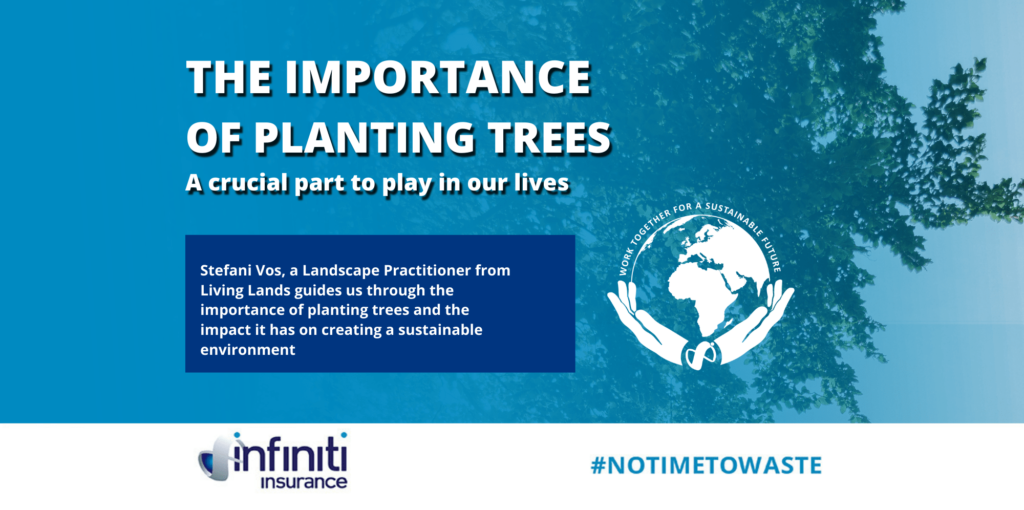By Brandon Naidoo, Lead Specialist: Investment Proposition, Liberty
South Africa is isolated from the rest of the world in the geographic sense – we live on the far tip of Africa, in the southern hemisphere, as far as it’s possible to get from the powerhouse economies of America Europe and China.

In addition, not so long-ago, South Africa was a global pariah state due to its history of apartheid, which brought about overseas restrictions and sanctions, that limited our ability to invest overseas. In particular, strict local exchange control regulations prevented people from taking money out of the country to invest overseas.
Fast forward a couple of years later, it is clear how the strict enforcement of these past financial boundaries, has created a mentality that continues to pervade the minds of many South African investors.
More local investors need to embrace Offshore investing
It’s no secret that offshore markets have the potential to offer a broader set of investment opportunities to spread risk and can be considered a good alternative for those wanting to look beyond local markets. It is bewildering that so few local investors are embracing these offshore opportunities given that it is now fairly easy to invest overseas. For example, BrandMapp 2021 data indicates that offshore investments are held by less than 6% of high-income earners in SA.
The current reality is that this country has a limited opportunity set, as we have seen our stock market shrink in size over the last 20 years – from having over 600 stocks on the JSE – we currently now have just over 300.
In terms of diversification locally we simply do not have access to certain sectors that are available globally like biotech, software as a service, artificial intelligence, robotics clean energy, gaming and so on. So, it’s not hard to see that the opportunities for diversification and risk mitigation are waiting for those who are willing to entertain a new mindset, which accepts that offshore investing is now actually much easier, with a discretionary allowance of R1m per year, on top of a foreign investment allowance of R10m a year. You can also apply for further amounts on top of all this, subject to the South African Reserve Bank approval.
In reality, it’s never been easier to take your funds overseas for investment purposes. But to some degree, most investors are used to the comfortable perspective of our own local market, and this is why it may seem intimidating to contemplate how to approach much larger, more complex offerings now available offshore. This in itself requires a broader approach than is usually adopted when investing locally.

THE IMPORTANCE OF
PLANTING TREES
A crucial part to play in our lives
Stefani Vos, a Landscape Practitioner from Living Lands guides us through the importance of planting trees and the impact it has on creating a sustainable environment.
An Insurer licensed to conduct Non-life insurance business and an Authorised Financial Services Provider | FSP No.35914
Navigating your investment journey with the right tools
It makes sense to first identify your needs financially. In doing this, aim to identify your endgame in terms of what earning goals and growth you want to achieve. If investing globally is required to enable this, then you have arrived at the right place. In addition to going offshore, you need to consider the route you take to go offshore.
There are a wide range of options, starting with a rand-based offshore unit trust or with a direct offshore hard currency unit trust. For more ease of convenience, it could be with a linked investment service provider that offers an entry point to multiple asset managers in multiple currencies, with no fixed investment term that allows access at any time.
One of the popular routes for investing offshore is via endowments where tax and estate planning benefits can be considered.
In going offshore, the full range of investment strategies are available to clients, from active to index investing. The choice of active manager encompasses both single to multi-manager options. While index strategies continue to gain popularity due to their low-cost structure.
Many people fear that investing offshore is expensive, to be fair this fear itself is no longer valid because this kind of global investing has become more common place.
It’s obvious this is the point that you need to discuss these options with your financial adviser. It’s also the moment to break free from any ingrained thinking that has been influenced by the former regime of exchange controls. It’s no exaggeration to say that we live in a world of new opportunities and this requires a different set of parameters in your financial thinking. And it is certainly much easier than you might believe to seek diversification and risk-mitigation by accessing global markets.

